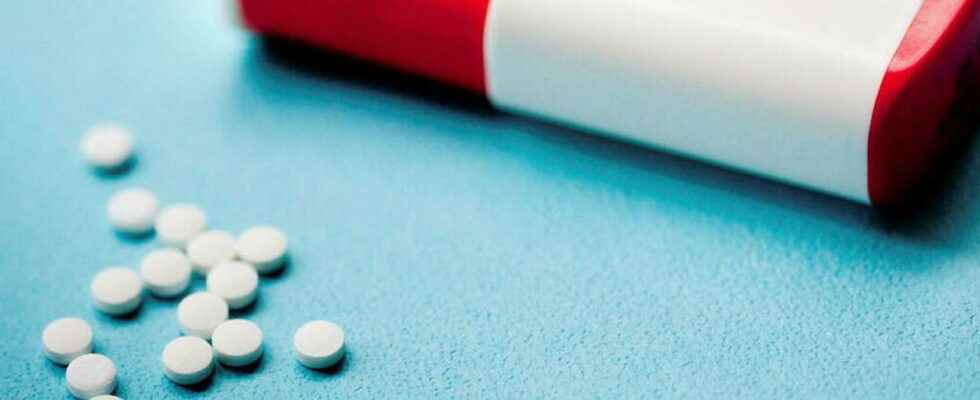EWhat if the aspartame pods you add to your coffee were causing your health more harm than you thought? In any case, this is what the results of statistical analyzes to be published, this Thursday, September 8, suggest in the British medical journal British Medical Journalsuggesting an association between general consumption of sweeteners and an increased risk of cardiovascular disease.
Already, the safety of artificial sweeteners was the subject of debate and the data remained mixed as to their role in the onset of various diseases – for example, a recent publication had observed an association between the consumption of artificial sweeteners and the increased risk of cancer.
Risk factor
Cardiovascular diseases are the first cause of death in the world – and the second in France after cancer, with 140,000 deaths per year (Ministry of Health) -, a team of researchers from Inserm, Inrae, from Cnam and Sorbonne-Paris-Nord University, within the Nutritional Epidemiology Research Team (EREN), looked at the consequences of the consumption of sweeteners on these diseases.
READ ALSOSugar, fantasies and realities
The results obtained after a large population study (103,388 adults) suggest, “in agreement with several other epidemiological studies on sweetened drinks, that sweeteners, food additives used in many foods and drinks, could represent an increased risk factor of cardiovascular diseases”, observes Charlotte Debras, doctoral student and first author of the study.
Also, although additional research is needed to confirm these results, this study establishes a first link between aspartame (the “fake sugar” used in coffee) and the risk of cerebrovascular disease, but also between acesulfame-K and sucralose (found in industrial products and in particular in all “light” drinks) and risk of coronary heart disease.
Sugar or sweeteners?
Therefore, is it better to reconnect with sugar and put these sweeteners away? “These results, in line with the latest WHO report published this year, do not support the use of sweeteners as safe alternatives to sugar,” says Dr Mathilde Touvier, research director at Inserm and study coordinator.
However, “we should not go back to drinking sodas or eating sweets. We absolutely cannot say today that sweet is better than its light equivalent,” warns Professor Boris Hansel, endocrinologist and nutritionist at Bichat Hospital in Paris. And for good reason, the deleterious effects of added sugars are established for several chronic diseases – which, precisely, has led the food industries to use these artificial sweeteners as alternatives in a wide range of foods and drinks.
“If the sweet flavor is lacking in everyday life, [il ne faut] not deduce what to consume, but talk about it with your doctor who will give personalized advice”, advises the specialist.
READ ALSOSugar, how to avoid excess
